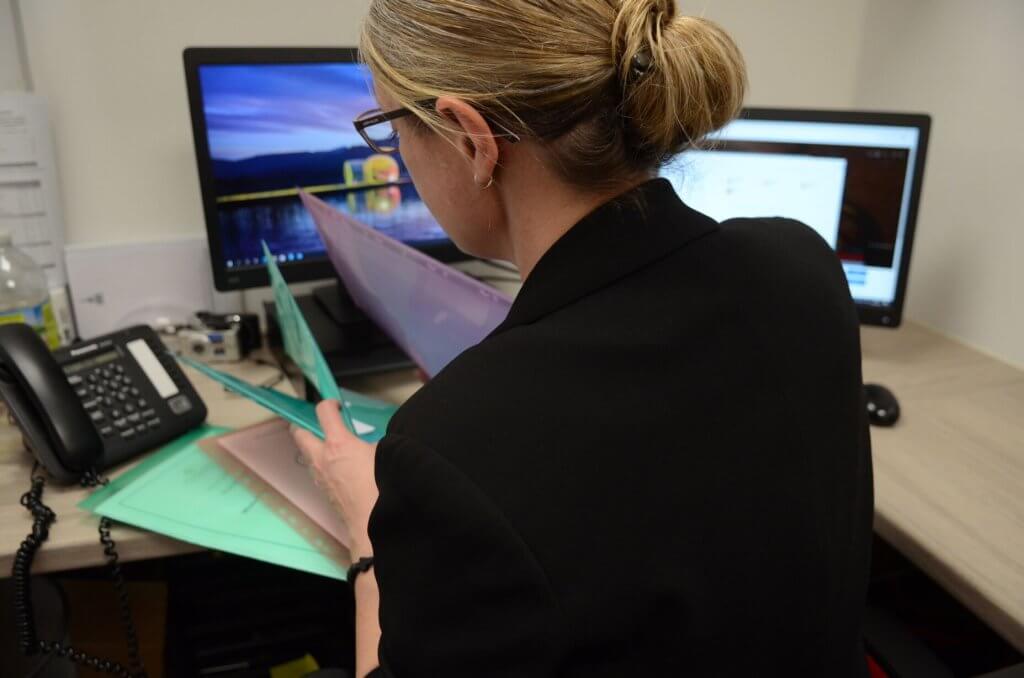With an extensive portfolio of services, tailor-made solutions and leadership support, we can help you to optimise your operations and achieve your school business goals.
What's New

As the pupil population continues to shrink, school admissions can no longer be left to chance. Discover how an effective marketing strategy is essential to the future success of your school.

Discover how schools can balance the advantages of technology with the need for online safety and cybersecurity.
Bringing out the best in school leaders, teachers and their pupils through high-quality consultancy and professional development.
What's New

At a time when education finds itself at a crossroads, we consider how we can use this as an opportunity to bring joy back to teaching and learning.
Find out more

This Women’s History Month, we reflect on One Education Music’s collaboration with the BBC Philharmonic Orchestra, celebrating the music of female composers.
Using theory, research and evidence-based practice to promote inclusion, embrace diversity and transform the life chances of children and young people.
What's New

This blog explores Emotional Barriers to School Attendance (EBSA) and its impact on children’s speech, language and communication needs.
Find out more

Find out what’s in our inclusion strategy toolkit
View our toolkit
With a team of highly skilled and experienced professionals, we can help you promote the welfare of pupils and keep them protected from harm.
What's New

Learn more about your responsibilities as a school to safeguard and promote the welfare of children in kinship care.
Find out more

The Crime and Policing Bill is set to introduce a range of measures aimed at addressing anti-social behaviour, sexual offences, knife crime, and more. Find out what this means for your school.
Find out more
A wide range of additional resources to support you in your role. Please select an area of interest to browse and download the documents.
Some of our services require membership. If you are interested in accessing any of these areas, please complete our enquiry form.
What's New

Contact us to discuss how to purchase exclusive access to our resource area.
Find out more

Find out what’s in our inclusion strategy toolkit.
View our toolkit
What's New

Take a listen to our latest podcast episode, Rethinking Education episode 16 with special guest Adam Cooke. All episodes now available.
Click here to listen

Find out what’s in our inclusion strategy toolkit.
View our toolkit
Working across a breadth of leadership, business support and pupil facing services, we are proud to be the partner of choice for schools and trusts across the country.
What's New

Exploring the latest updates, insights and sector developments.
Find out more

Find out how the One Education Reading Award can help schools to improve their reading offer, equipping every child with the tools they need to become passionate and proficient readers.
